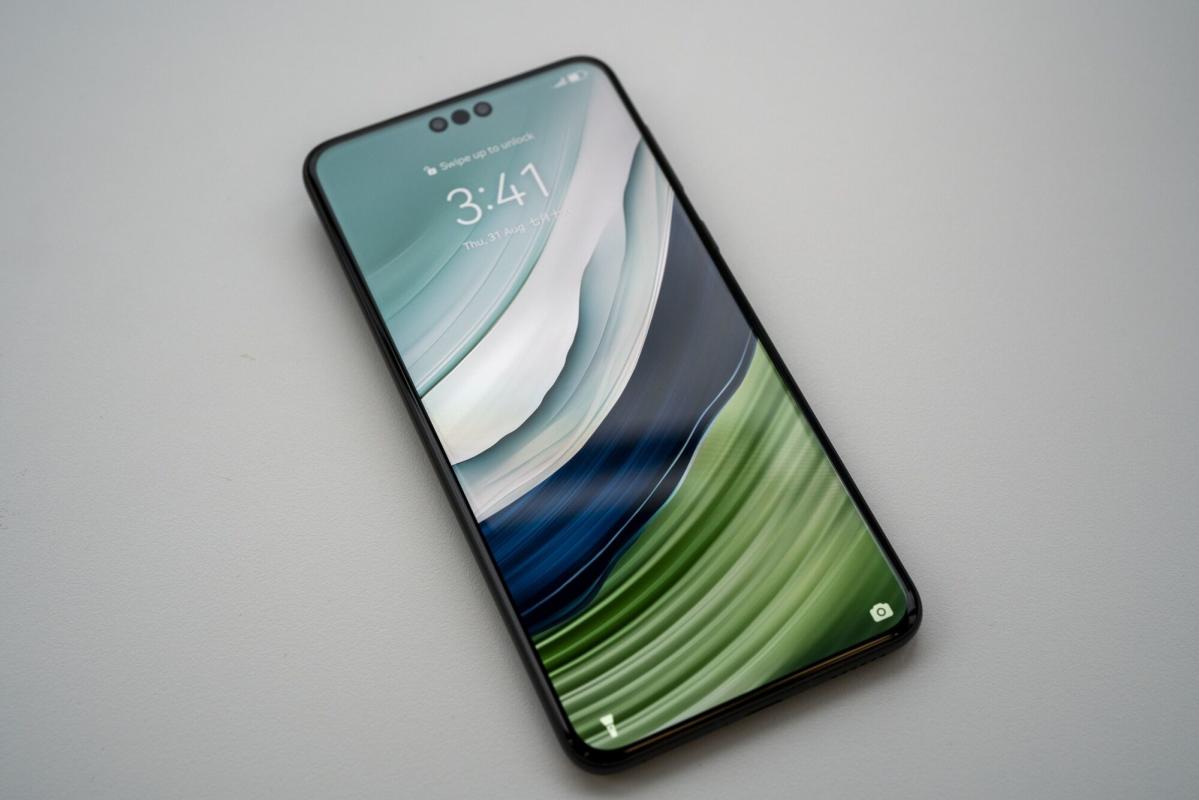Chinese tech giant Huawei is reportedly building secret semiconductor-fabrication facilities in China to evade U.S. sanctions, according to the Semiconductor Industry Association, which claims that Huawei has acquired existing plants and is constructing three others using state funding.
Nvidia warns that stronger US restrictions on chip sales to China will harm American companies in the long term, while also acknowledging that stricter rules wouldn't have an immediate material impact on their finances.
Chinese smartphone company Huawei has released its latest model, the Mate 60 Pro, which features an advanced chip designed and manufactured in China, despite US sanctions intended to hinder the country's technological progress, showcasing China's ability to innovate without relying on US technology.
Huawei and China's top chipmaker SMIC have developed an advanced 7-nanometer processor for the new Huawei Mate 60 Pro smartphone, marking progress in China's domestic chip ecosystem and a challenge to U.S. restrictions on Huawei's access to chipmaking tools.
China has defied US-led export restrictions by producing a 5G smartphone, Huawei's Mate 60 Pro, using an advanced silicon chip made by Semiconductor Manufacturing International Corp (SMIC), indicating progress in China's efforts to build a domestic chip ecosystem.
China's Huawei Technologies' development of an advanced chip for its latest smartphone demonstrates the country's determination to fight back against U.S. sanctions, but the efforts are costly and may lead to tighter restrictions from Washington, according to analysts.
Huawei's latest smartphone featuring advanced chips from China's domestic market poses a challenge to Intel and TSMC amid US efforts to restrict China's access to chip technology.
The US government is seeking more information about the Huawei Mate 60 Pro smartphone, particularly its advanced chip, to determine if American restrictions on semiconductor exports were bypassed.
The recent unveiling of Huawei's Mate 60 Pro smartphone, powered by the Kirin 9000s chip, has sparked debates about its significance in the US-China technology cold war.
A US factory is revealed to be under Chinese state control.
China is expanding its restrictions on the use of iPhones by government employees, including at the local level and state-owned companies, as part of an ongoing effort to promote domestic brands.
Renewed curbs on the use of Apple devices by government officials in China have raised concerns among Apple's investors and heightened geopolitical tensions between the US and China.
The U.S. government is investigating how Huawei and SMIC managed to create 7nm Kirin 9000S 5G chipsets in violation of American sanctions, while Foxconn workers assembling the Huawei Mate 60 Pro in China are paid 19.2% more than those assembling the iPhone.
Huawei's chip design unit, HiSilicon, is shipping new Chinese-made chips for surveillance cameras, indicating that the company is finding ways around the US export controls and reclaiming market share in the sector.
